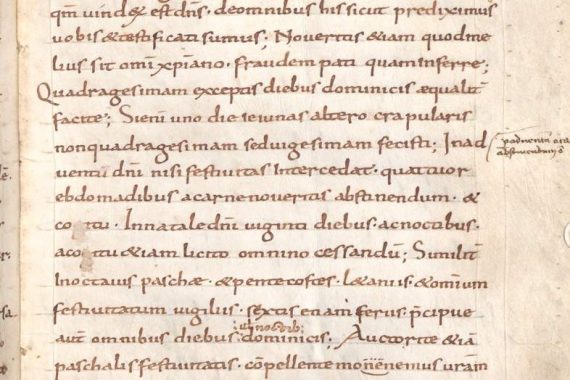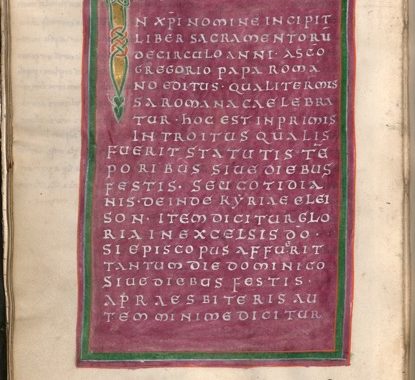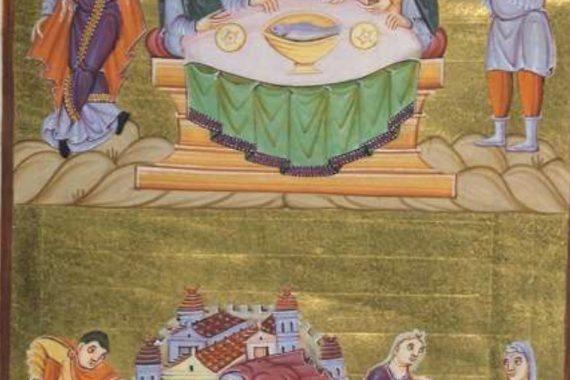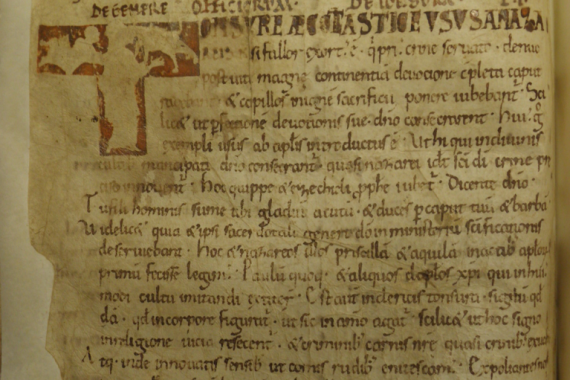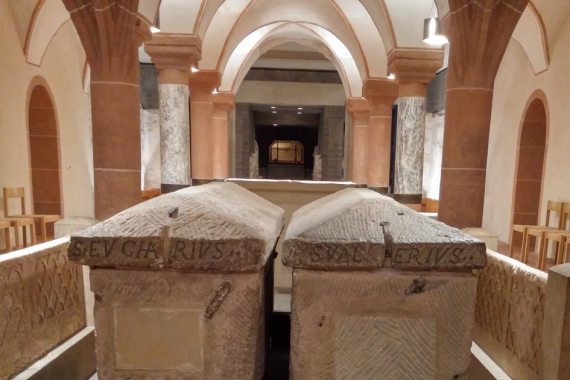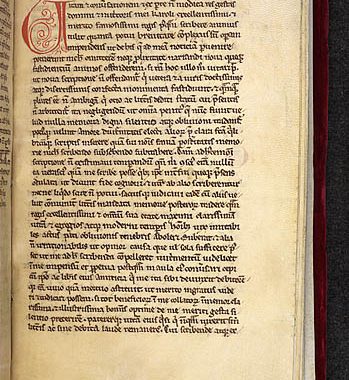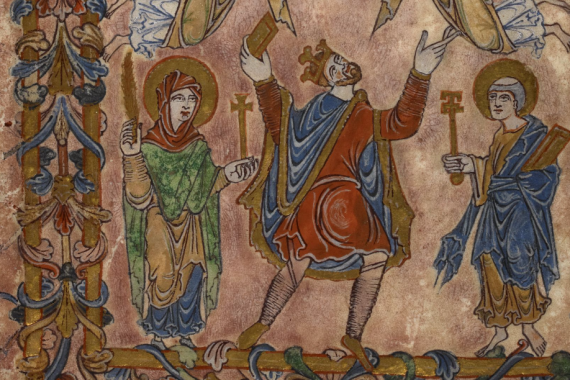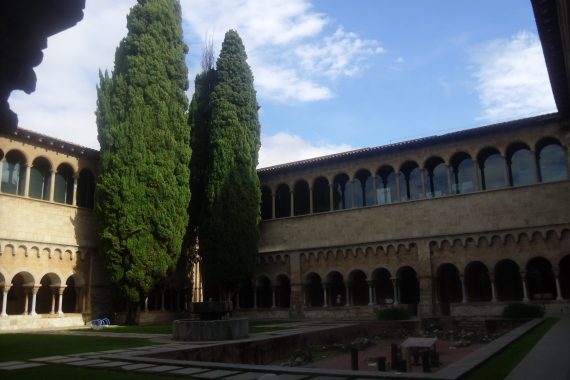Beyond nation-building: “patria” and belonging in the tenth century
Although often dismissed as a dark “age of iron”, the tenth century has also been paraded as the period that laid the foundations for the birth of later nation states. After being spawned by the destruction of the Carolingian imperial centre, so goes this narrative, the territorial units of West and East Francia would eventually…

